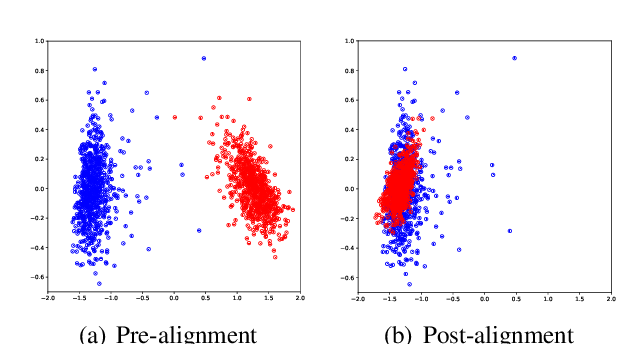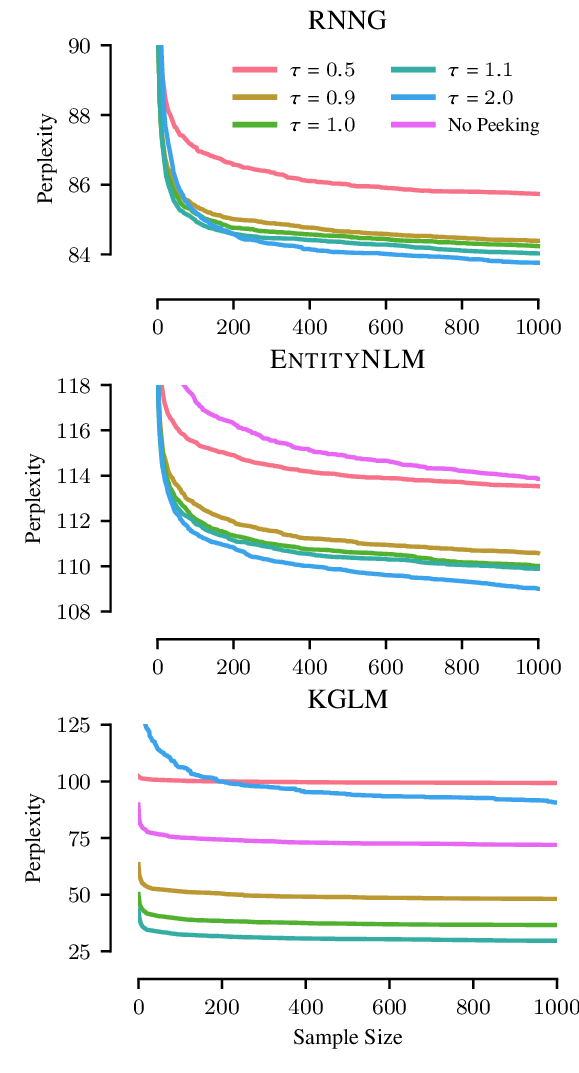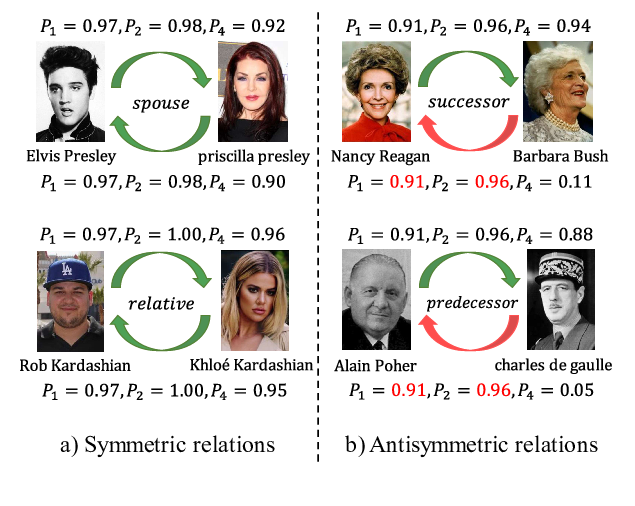Perturbation Based Learning for Structured NLP tasks with Application to Dependency Parsing
Amichay Doitch, Ram Yazdi, Tamir Hazan, Roi Reichart
Machine Learning for NLP TACL Paper
Session 4B: Jul 6
(18:00-19:00 GMT)

Session 5B: Jul 6
(21:00-22:00 GMT)

Abstract:
The best solution of structured prediction models in NLP is often inaccurate due to limited expressive power of the model or to non-exact parameter estimation. One way to mitigate this problem is sampling candidate solutions from the model’s solution space, reasoning that effective exploration of this space should yield high quality solutions. Unfortunately, sampling is often computationally hard and many works hence back-off to sub-optimal strategies such as extraction of the best scoring solutions of the model, which are not as diverse as sampled solutions. In this paper we propose a perturbation-based approach where sampling from a probabilistic model is computationally efficient. We present a learning algorithm for the variance of the perturbations, and empirically demonstrate its importance. Moreover, while finding the argmax in our model is intractable, we propose an efficient and effective approximation. We apply our framework to cross-lingual dependency parsing across 72 corpora from 42 languages and to lightly supervised dependency parsing across 13 corpora from 12 languages and demonstrate strong results in terms of both the quality of the entire solution list and of the final solution.
You can open the
pre-recorded video
in a separate window.
NOTE: The SlidesLive video may display a random order of the authors.
The correct author list is shown at the top of this webpage.
Similar Papers
Jointly Learning to Align and Summarize for Neural Cross-Lingual Summarization
Yue Cao, Hui Liu, Xiaojun Wan,

A Graph-based Coarse-to-fine Method for Unsupervised Bilingual Lexicon Induction
Shuo Ren, Shujie Liu, Ming Zhou, Shuai Ma,

On Importance Sampling-Based Evaluation of Latent Language Models
Robert L Logan IV, Matt Gardner, Sameer Singh,

SEEK: Segmented Embedding of Knowledge Graphs
Wentao Xu, Shun Zheng, Liang He, Bin Shao, Jian Yin, Tie-Yan Liu,
